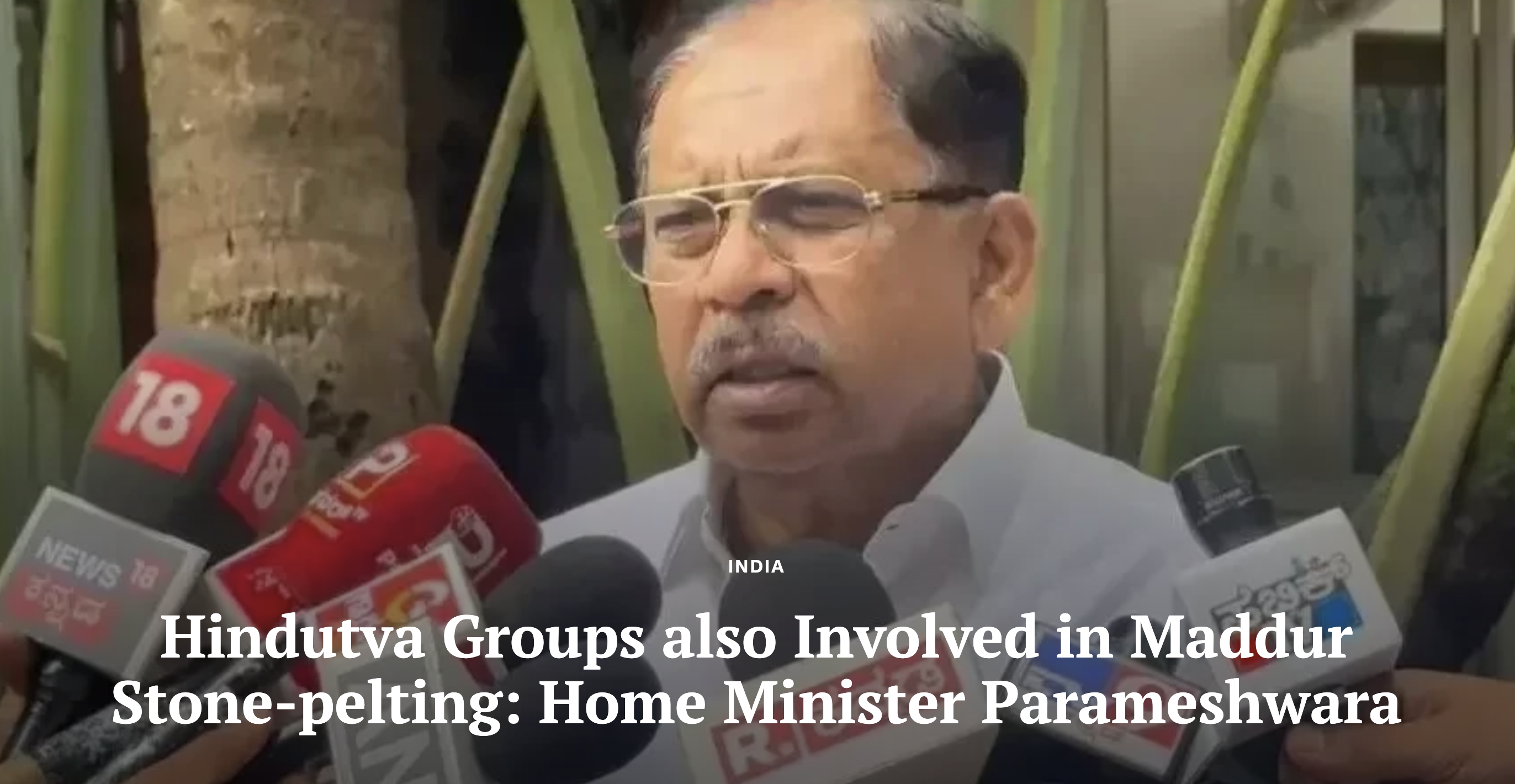Fears have been expressed that the unit would supress free speech and the freedom of the press.
The Supreme Court on Thursday stayed the Centre’s notification from a day earlier of a government-run fact-checking unit with the power to label any information about the Union government as “fake”. This means that the Information Technology (Intermediary Guidelines and Digital Media Ethics Code) Amendment Rules, 2023, which gave the Centre the power to set up a fact-checking unit will continue to remain inoperative till the challenge to their constitutional validity is decided by the Bombay High Court.
Scroll explains the import of these rules and tracks down their encounters with the courts in the last twelve months.
What the rules do
The rules amended the Information Technology (Intermediary Guidelines and Digital Media Ethics Code) Rules, 2021 to regulate news that pertains to the Union government, in addition to online gaming.
The rules said that the ministry would notify a fact-checking body with the power to label any information “in respect of any business of the Central government” as “fake or false or misleading”.
Intermediaries, which include social media platforms, e-commerce companies and web-hosting services, will then be obligated to ensure that no user hosts, displays or shares such information. If they do, they would lose their safe harbour privilege, which protects social media intermediaries from legal action for content posted online by their users.
This story was originally published in scroll.in. Read the full story here.






